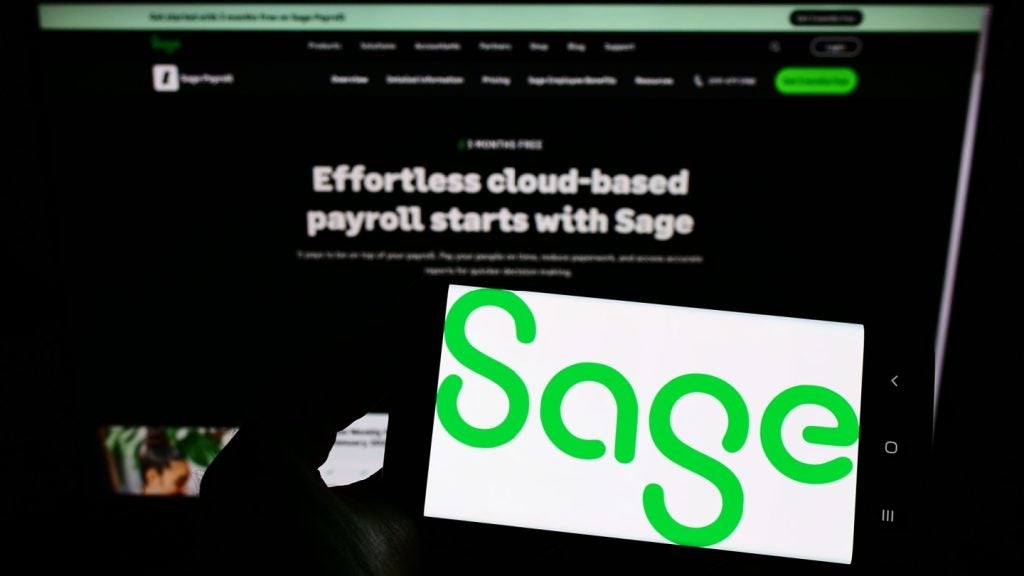
The Online Safety Bill (OSB), a new UK law aimed at ensuring social media companies are held responsible for user safety, was passed on Tuesday (Sept 19) after almost six years in the making.
The new law means social media companies will need to work harder to protect children from inappropriate content, as well as removing all illegal content.
The OSB, which is almost 300 pages long, includes a long list of rules for social media and online platforms to adhere to. For example, pornographic websites will now need to check the age of users entering the site.
According to government figures, the list of rules will mean over 20,000 small businesses will have to comply, as well as big tech companies like Meta and Snapchat.
The UK’s National Society for Prevention of Cruelty to Children (NSPCC), a staunch supporter of the OSB, recorded an 82% increase in the number of online child grooming cases in the last five years.
Out of almost 34,000 grooming incidents reported to the UK’s police, around 74% of reported incidents involved Snapchat and Meta, according to the NSPCC.
How well do you really know your competitors?
Access the most comprehensive Company Profiles on the market, powered by GlobalData. Save hours of research. Gain competitive edge.

Thank you!
Your download email will arrive shortly
Not ready to buy yet? Download a free sample
We are confident about the unique quality of our Company Profiles. However, we want you to make the most beneficial decision for your business, so we offer a free sample that you can download by submitting the below form
By GlobalDataGlobalData’s principal analyst Laura Petrone previously told Verdict that the OSB will place “renewed pressure on tech companies to tackle illegal content more thoroughly.”
Criticism against the OSB has been rife
Critics have been speaking out against the law since the government first proposed its commitment to online safety six years ago.
The bill has been criticised for giving big tech and regulators too much power over what can be said online, diminishing free speech.
Despite now being passed, the Online Safety Bill is still set to get some pushback from Big Tech and beyond.
Meta-owned WhatsApp, which specialises in encrypted messaging, recently threatened to refuse to comply with guidelines within the law that would force them to examine the contents of messages for child abuse material, BBC reported.
In June, over 80 national and international civil society organisations, academics and cyber-experts signed an open letter over the “serious threat to private and encrypted messaging” posed by the OSB.
The letter described the OSB as a “deeply troubling legislative proposal” as, if passed in its current form, it will set the UK on a path to become the “first liberal democracy to require the routine scanning of people’s private chat messages, including chats that are secured by end-to-end encryption”.
Companies that fail to comply with the rules will face large fines of up to £18m with the possibility of senior staff facing jail time.
Ofcom, the UK’s communications regulator, will be largely responsible for enforcing the bill. The watchdog is set to publish guidance on how companies can work within the new rules.
A potential shift in power away from Big Tech
Martina Larkin, CEO of online internet safety organisation Project Liberty, welcomed the bill but emphasised that it was “just the first step”.
“Now attention has to turn towards implementation, and the role technology plays in ensuring the bill is effective and its aims are possible,” Larkin told Verdict.
Larkin stated that for implementation to be possible a “complete shift in power between big tech and their users” will be needed.
“Social media has too long operated as an advertising business – with the tech companies motivated to keep us addicted, polarising and inflaming users, and sharing inappropriate content with children, all so they can sell our attention for marketing purposes,” Larkin said.
Larkin states that users need to have “much greater control over their data” while tech companies have less.
“People should be given access to their data – and the option to take their data to other platforms without losing access to their content and followers,” added Larkin.







